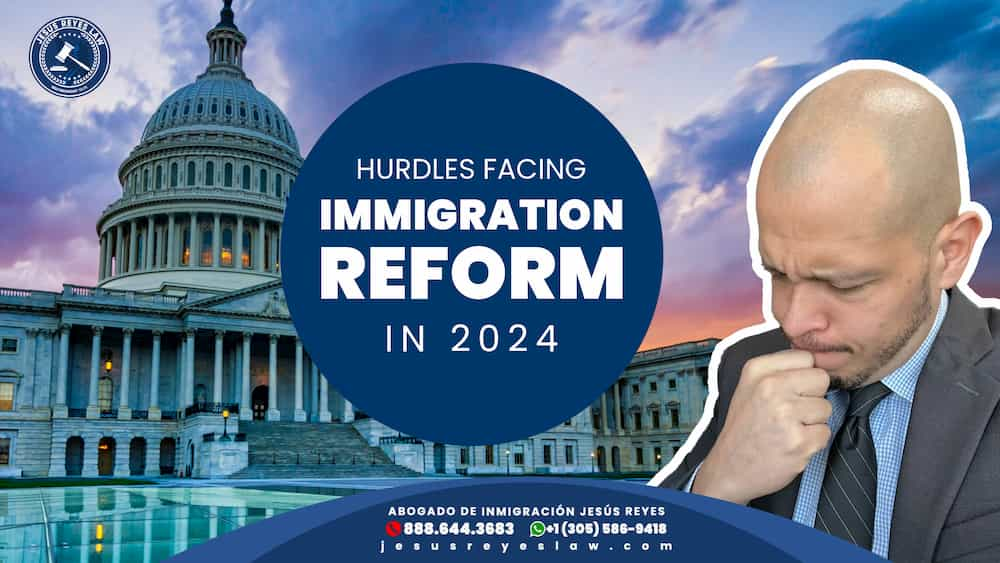The U.S. Senate is currently engaged in pivotal negotiations to forge a bipartisan agreement on immigration and border security policies. This undertaking, spearheaded by Senators Chris Murphy (Democrat from Connecticut), James Lankford (Republican from Oklahoma), and Kyrsten Sinema (Independent from Arizona), is not only crucial for immigration reform but also significantly influences aid to Ukraine, Israel, and Taiwan. However, the process is fraught with challenges, primarily from the House of Representatives.
A growing number of House Republicans have made it clear that any compromise reached in the Senate stands little chance of passing in their chamber. Their stance is largely due to a preference for a hardline immigration bill, known as HR 2, passed by them last year, which is vehemently opposed by Senate Democrats and the White House.
The focus of Senate talks includes Republican-driven immigration restrictions, such as asylum laws, changes to parole policies, and administration authority to expel migrants or close the border during migration surges. Homeland Security Secretary Alejandro Mayorkas, who is facing impeachment proceedings led by House Republicans, is also involved in these negotiations, offering technical assistance.
This dynamic between the more moderate Senate stance seeking a bipartisan agreement and the House’s position, where some Republicans have even threatened a government shutdown if border security demands are not met, jeopardizes not only the immigration agreement but also aid to key allies.
Senate Majority Leader Chuck Schumer urges the House to seek bipartisan consensus rather than sticking to HR 2. Although admitting that finding common ground is challenging, Schumer remains optimistic about reaching an agreement. Senators involved in the negotiations express that they are close to an agreement but emphasize the importance of getting it right, given the complexity and historical context of U.S. immigration and border security reforms.










